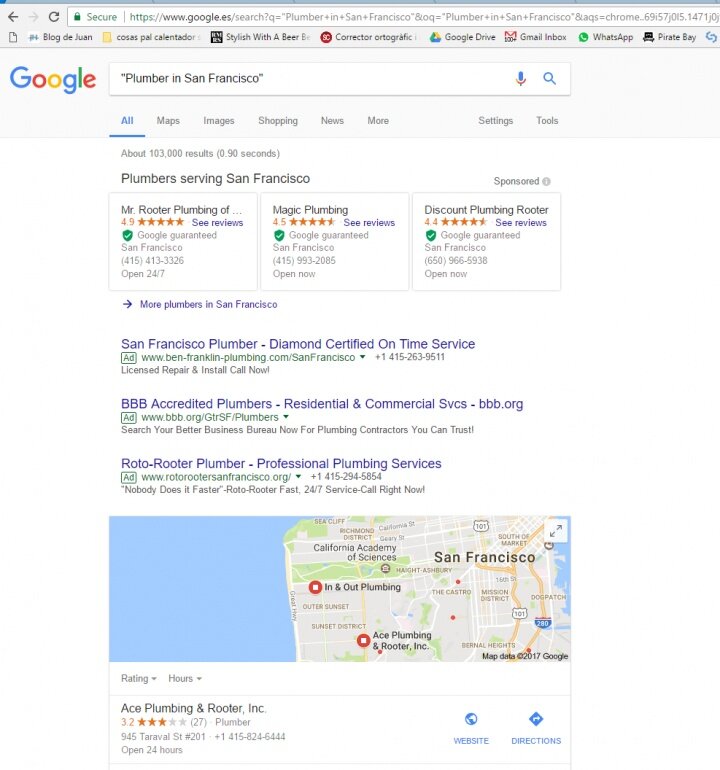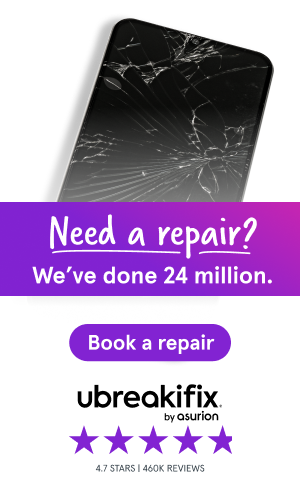- Joined
- May 20, 2017
- Messages
- 10
- Reaction score
- 0
Question for SEO pros: Has Google My Business been good or bad for your Local SEO practice bottom line?
Does it make your life easier or harder for you and your clients?
Is it really helping business owners to “do it themselves”?
While the amount of work is mostly the same as before, isn't it harder to get new clients now that everything is simpler and centralized and looks so easy?
Does it make your life easier or harder for you and your clients?
Is it really helping business owners to “do it themselves”?
While the amount of work is mostly the same as before, isn't it harder to get new clients now that everything is simpler and centralized and looks so easy?





